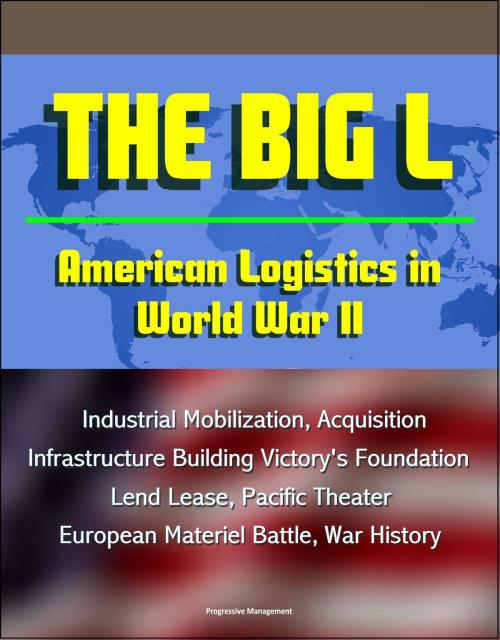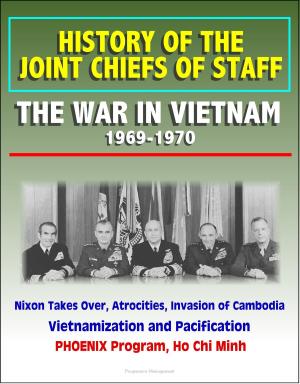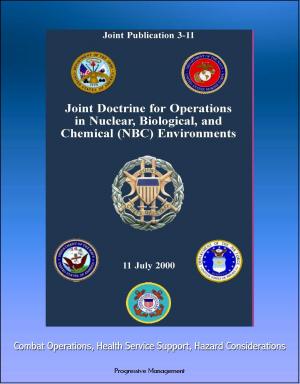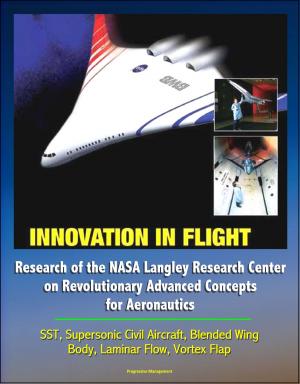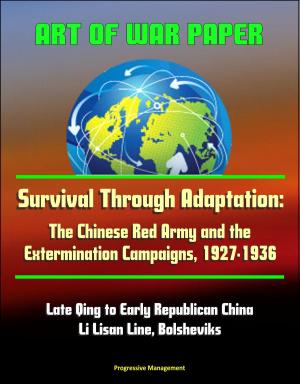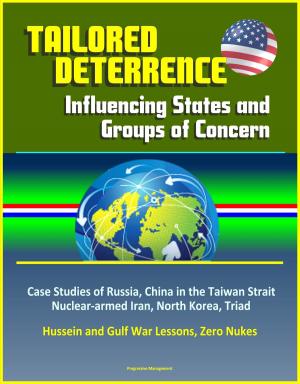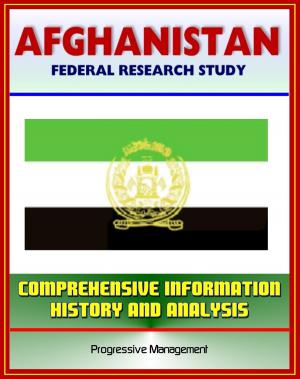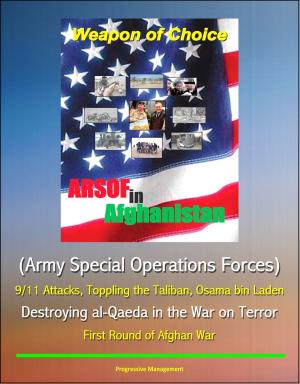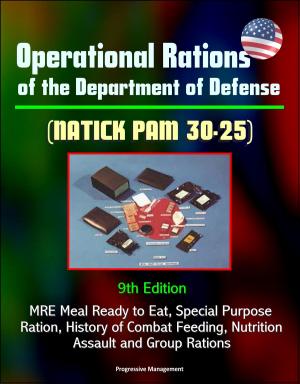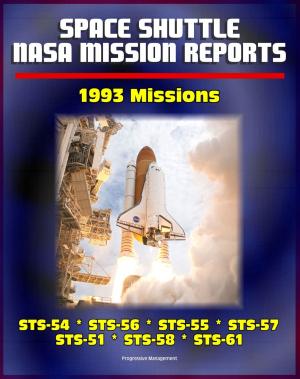The Big L: American Logistics in World War II - Industrial Mobilization, Acquisition, Infrastructure Building Victory's Foundation, Lend Lease, Pacific Theater, European Materiel Battle, War History
Nonfiction, History, Military, World War II| Author: | Progressive Management | ISBN: | 9781311101488 |
| Publisher: | Progressive Management | Publication: | February 25, 2015 |
| Imprint: | Smashwords Edition | Language: | English |
| Author: | Progressive Management |
| ISBN: | 9781311101488 |
| Publisher: | Progressive Management |
| Publication: | February 25, 2015 |
| Imprint: | Smashwords Edition |
| Language: | English |
American logistics in World War II was "big" by just about any measure one can devise. There is no question that it played a dominant role in the allied victory and thereby shaped the history of the rest of the century. The lessons of that achievement, consequently, remain essential today, especially for those who study and work with the resources component of United States grand strategy. So it is important that those lessons be accurate, that they portray a balanced view, pointing out shortcomings as well as documenting great successes; otherwise, a mythologized picture of the "Arsenal of Democracy" may be perpetuated. It was in this spirit that the Industrial College of the Armed Forces convened a symposium to address the lessons of World War II logistics—"the Big L."
The extended essays published here began as papers delivered at the symposium, then were expanded and revised for this book. Written by faculty of the Industrial College, they address the massive subject from seven perspectives: industrial mobilization; acquisition of war materials; the economics of mobilization; the building of infrastructure; the Lend-Lease program; joint logistics in the Pacific Theater; and joint logistics—the "materiel battle"—in Europe. The American effort—mind-boggling as it was in sheer numbers—was flawed in many respects. With the advantage of hindsight, the authors take a hard, unsentimental look at these areas of WWII logistics and offer a balanced analysis that will best serve our understanding of this subject.
It is particularly appropriate that this book is a product of the Industrial College because ICAF is a unique institution—the only senior military college in the world dedicated to comprehensive study of the resources component of national security. The idea for the book as well as the symposium was conceived and seen to fruition by a member of the ICAF faculty. The book you hold in your hands is no mere proceedings of a conference, but a comprehensive, fully developed anthology that can serve both as a textbook for the student and an enlightening guide for the general reader.
- Industrial Mobilization * 2. Acquisition in World War II * 3. The Economics of America's World War II Mobilization * 4. Building Victory's Foundation: Infrastructure * 5. Lend-Lease: An Assessment of a Government Bureaucracy * 6. Joint Logistics in the Pacific Theater * 7. Materialschlact: The "Materiel Battle" in the European Theater
American logistics in World War II was "big" by just about any measure one can devise. There is no question that it played a dominant role in the allied victory and thereby shaped the history of the rest of the century. The lessons of that achievement, consequently, remain essential today, especially for those who study and work with the resources component of United States grand strategy. So it is important that those lessons be accurate, that they portray a balanced view, pointing out shortcomings as well as documenting great successes; otherwise, a mythologized picture of the "Arsenal of Democracy" may be perpetuated. It was in this spirit that the Industrial College of the Armed Forces convened a symposium to address the lessons of World War II logistics—"the Big L."
The extended essays published here began as papers delivered at the symposium, then were expanded and revised for this book. Written by faculty of the Industrial College, they address the massive subject from seven perspectives: industrial mobilization; acquisition of war materials; the economics of mobilization; the building of infrastructure; the Lend-Lease program; joint logistics in the Pacific Theater; and joint logistics—the "materiel battle"—in Europe. The American effort—mind-boggling as it was in sheer numbers—was flawed in many respects. With the advantage of hindsight, the authors take a hard, unsentimental look at these areas of WWII logistics and offer a balanced analysis that will best serve our understanding of this subject.
It is particularly appropriate that this book is a product of the Industrial College because ICAF is a unique institution—the only senior military college in the world dedicated to comprehensive study of the resources component of national security. The idea for the book as well as the symposium was conceived and seen to fruition by a member of the ICAF faculty. The book you hold in your hands is no mere proceedings of a conference, but a comprehensive, fully developed anthology that can serve both as a textbook for the student and an enlightening guide for the general reader.
- Industrial Mobilization * 2. Acquisition in World War II * 3. The Economics of America's World War II Mobilization * 4. Building Victory's Foundation: Infrastructure * 5. Lend-Lease: An Assessment of a Government Bureaucracy * 6. Joint Logistics in the Pacific Theater * 7. Materialschlact: The "Materiel Battle" in the European Theater
